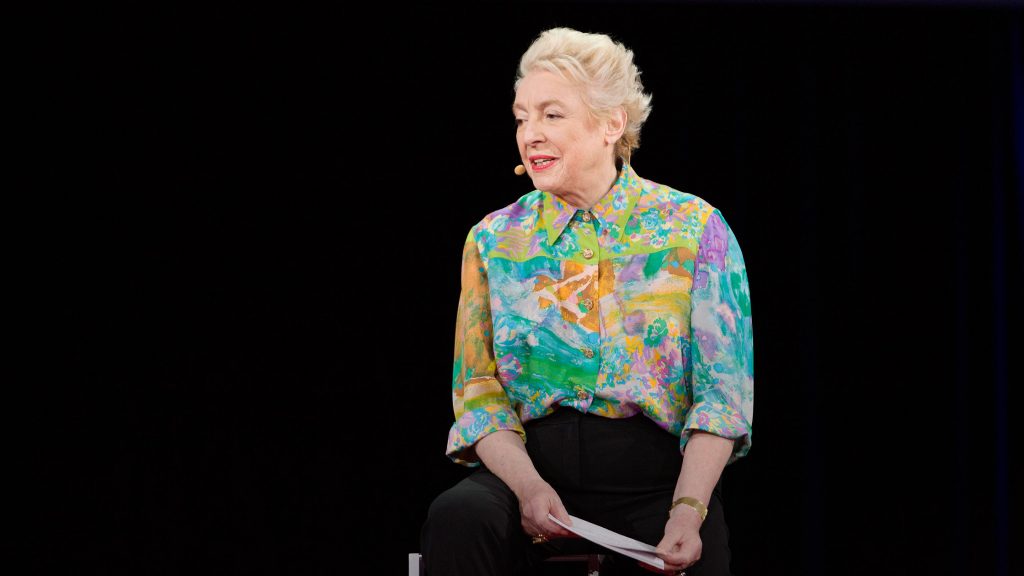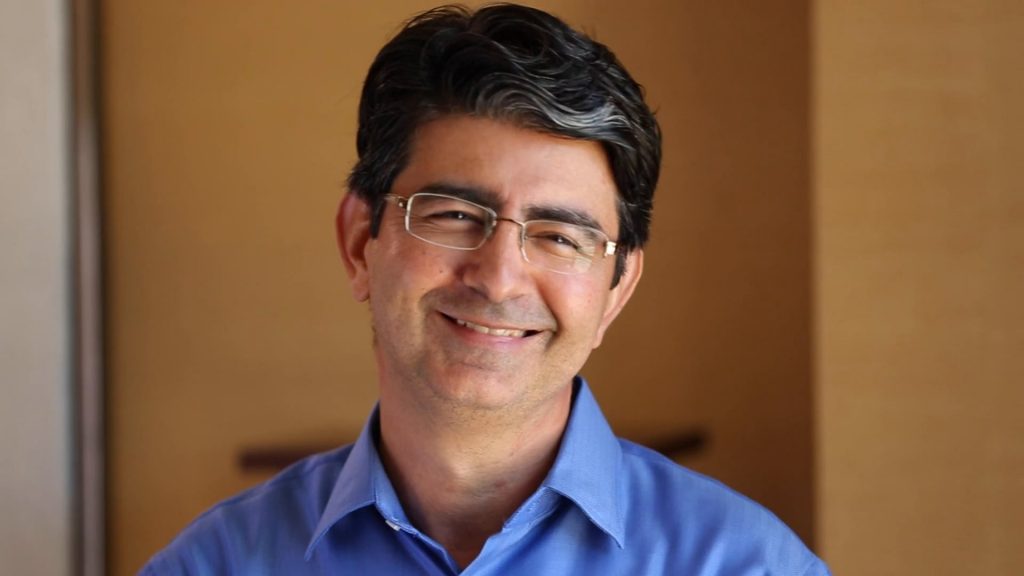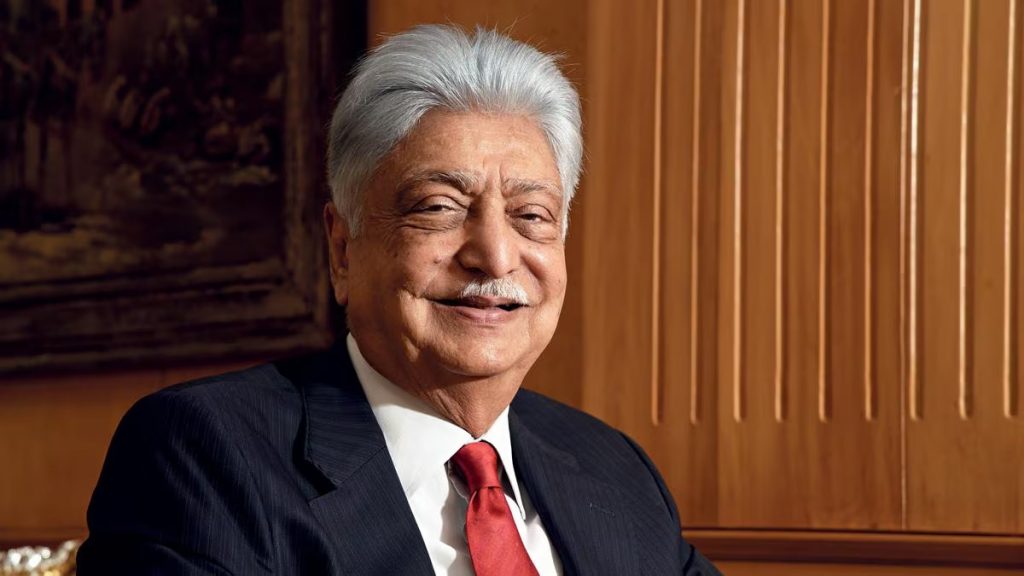Warren Buffet said, “If you’re in the luckiest 1% of humanity, you owe it to the rest of humanity to think about the other 99%.” Philanthropy, charitable acts that help others or society as a whole, has been associated with the wealthy mainly for their ability to give more than others. Rich individuals with the means to make a significant impact are today at the forefront of supporting initiatives in areas ranging from social justice, education, and cultural preservation to healthcare, poverty alleviation, and environmental conservation.
Philanthropy is undergoing a transformation as new approaches to funding arise and the number of millionaires around the world increase. Those who give are inspired by the belief that philanthropy has the power to bring about lasting social change. The Gates Foundation’s support of the Global Polio Eradication Initiative (GPEI) is just one example – since polio eradication efforts began, the GPEI has reduced polio cases by 99% globally and helped save over 20 million people from polio paralysis.
In this article, we discuss how the wealthy give back, looking at why and how they share their fortunes and the impact they generate. We also highlight the contributions of three lesser-known philanthropists.
Motivations for Philanthropy
Wealthy individuals may be driven by various motivations to give away their money. Their motivations may be personal. Dame Shephanie Shirley, for example, founded an independent special school for students with autism, a condition that afflicted her son. Media Mogul Oprah Winfrey, who suffered sexual abuse as a young girl, has donated to causes involving women’s empowerment.
Some philanthropists give as a duty. Bill Gates is shaping a social contract through the Bill & Melinda Gates Foundation. He believes that philanthropy is a basic responsibility of anyone with a lot of money.
For some wealthy individuals and families, sharing their wealth is a matter of establishing a philanthropic legacy. The Ford family boasts a rich legacy of giving back, as evidenced by the establishment of the Ford Foundation by Edsel Ford in 1936. With an endowment exceeding $12 billion, the foundation has made a huge impact on numerous areas of society, such as education, civil rights, arts, and culture.
Major Philanthropic Initiatives
Wealthy individuals use different approaches and strategies to support causes they care deeply about. Major philanthropic initiatives revolve around education, healthcare, environmental conservation, and social justice and equality.
A common form of donating to education is through scholarships and grants, with a focus on providing financial support to students from disadvantaged backgrounds. Philanthropists may build schools, libraries, or educational centers, or fund programs to train and support teachers with the goal to enhance the quality of education.
Philanthropic initiatives in healthcare can take different forms. A common one is funding medical research to drive breakthroughs in treatments and cures for diseases. Another is improving access to healthcare by establishing clinics, hospitals, and healthcare facilities in underserved areas. Yet another is supporting public health initiatives such as vaccination programs, disease prevention campaigns, and health education efforts.
The wealthy have also trained their focus on tackling the existential threat that is climate change. Legendary value investor Jeremy Grantham and Swiss entrepreneur Hansjörg Wyss have pledged to donate $1 billion each to reversing global warming. Philanthropic dollars are going towards conservation projects, supporting renewable energy projects, and funding organizations and campaigns that raise awareness about environmental issues.
Ensuring social justice and the preservation of human rights is also a cause that is dear to philanthropists. Such initiatives range from providing legal assistance to marginalized communities facing injustice to supporting organizations working towards civil rights, and funding grassroots movements that empower marginalized groups.
Strategies for Effective Philanthropy
Effective philanthropy requires thoughtful planning, strategic thinking, and a commitment to achieving meaningful impact. Here are the common strategies rich individuals or families use to share their wealth.
Foundations and trusts
A foundation is a non-profit organization funded by a wealthy individual or family. It makes grants to other nonprofits in order to support specific projects or fund its own charitable activities. The most well-known independent organization is perhaps the Bill & Melinda Gates Foundation, which seeks to fight poverty, disease, and inequity around the world.
A private foundation offers substantial tax benefits to donors and allows them to establish a lasting legacy. However, it requires substantial resources for administration and management.
A trust is a legal entity created to hold and manage assets to direct towards charitable purposes. It is managed by trustees, who are responsible for carrying out the trust’s charitable activities in accordance with the donor’s wishes. A charitable trust offers considerable tax benefits but is legally complex to establish and manage.
Impact investing
Unlike traditional philanthropy, impact investing seeks to tackle the root causes of societal problems while delivering financial returns. A win-win approach for investors and philanthropists, it involves wealthy individuals donating and investing in projects and ventures that address critical issues such as climate change, poverty, and educational inequality.
Impact investing has risen in popularity over the years. The global impact investing market size was estimated at USD 66.75 billion in 2022 and is expected to grow at A CAGR of 18.8% from 2023 to 2030.
This mode of philanthropy allows donors greater flexibility and freedom to test innovative ways to deliver impact and receive a financial return. The investment returns can be reused several times to compound the impact. Warren Buffett’s Berkshire Hathaway is a major player in impact investing.
Collaborative philanthropy
Collaborative philanthropy is an approach where multiple donors pool their resources to create a greater impact than what they could achieve individually. It can be executed in different ways, including:
- Funding consortia and pooled funds, in which wealthy individuals, foundations, and corporations contribute to a collective fund dedicated to a specific cause. For example, the ClimateWorks Foundation that seeks to solve the climate crisis, is funded by Gates Ventures and Anne T. & Robert M. Bass Foundation, among several others.
- Donor networks and alliances, formal or informal networks where donors share their wealth. For example, the Giving Pledge is a promise by the world’s wealthiest individuals and families to give a majority of their wealth to various causes.
- Public-private partnerships are collaborations between private philanthropists and public-sector organizations that combine resources and expertise to advance specific causes. For example, the Chan Zuckerberg Initiative joins forces with other foundations and nonprofits to advance education, science, and justice.
Collaborative philanthropy has a broader reach, leads to larger grants and investments, and exerts greater influence on public policy.
Direct giving and grants
Direct giving involves philanthropists making direct contributions to individuals, non-profits, or specific causes without intermediaries. They may make donations to charitable organizations, scholarships, or to individuals in need. This approach gives philanthropists full control over the amount, recipients, and timing of their donations. Mackenzie Scott is known for her direct contributions to various organizations.
Grants are funds given by philanthropists to organizations, educational institutions, or other entities through a formal application and review process. They can be unrestricted or earmarked for specific projects, purposes, or programs. The formal application and review process helps ensure that funds align with donor’s goals and are used effectively.
Lesser-known Philanthropists
When you think of billionaire or multimillionaire philanthropists, you think of Bill Gates, Mackenzie Scott, or Mark Zuckerberg. However, several other wealthy and well-known business leaders are making a difference in the world through their generosity.
Dame Stephanie Shirley

Dame Stephanie “Steve” Shirley is an inspirational women’s rights icon and philanthropist. She came to England as a child refugee and lived with foster parents before being reunited with her biological parents. Later in life, she founded an all-woman software company that pioneered remote working. She began signing her business letters as “Steve” in order to be taken more seriously in what was then a man’s world. Her company was valued at $3 billion and it made seventy of her staff millionaires.
After retirement, Dame Shirley dedicated her life to charity, giving away most of her wealth to philanthropic causes, particularly to charities supporting research into autism and emerging technologies. She is estimated to have given away at least £65 million of her wealth to various charitable causes.
Pierre Omidyar

The eBay founder and self-made billionaire, along with his wife Pam, is actively involved in philanthropic efforts through various organizations. In 2004, the couple established the Omidyar Network, a philanthropic investment firm that combines a foundation with an impact investment entity. The Omidyars have committed over $1.5 billion to nonprofits and for-profits with the goal to create positive social impact.
Another initiative, the Omidyar-Tufts Microfinance Fund, is a microfinance investment arm that supports economic empowerment and sustainable development in underserved communities. It was created through a generous gift of $100 million by the Omidyars, and has made an impact by offering millions of microfinance loans to entrepreneurs in developing countries.
Azim Premji

Indian-born Azim Premji is the founder of the software giant Wipro and one of the country’s richest individuals. As of April 2024, Premji’s net worth stands at $11.7 billion.
Premji founded the not-for-profit organization Azim Premji Foundation in 2001. The foundation makes multi-year grants to nonprofits that work with vulnerable sections of society. The grants support initiatives at the community level and through government service delivery systems and support causes ranging from gender justice, disability, and children to governance, urban initiatives, health, and land, water, and forest.
In 2010, he pledged to donate half of his wealth to philanthropic causes. His legacy continues through the impactful work of the Azim Premji Foundation.
The Impact of Philanthropy
Philanthropy has significantly impacted various social issues, creating numerous positive outcomes across the globe.
One notable example is the global fight against polio. Thanks to private philanthropists, polio has been nearly eradicated worldwide, preventing countless individuals from suffering from this debilitating disease.
In the United States, philanthropic efforts have also ensured that needy school children receive free or reduced-price lunches. This essential support improves the health and well-being of countless students, helping them thrive academically and physically. For example, the Chan and Zuckerberg Initiative has made significant investments in education to help every student reach their full potential, regardless of background or zip code.
The Gates family’s work has tackled critical issues like health and education. Through their substantial contributions, they have saved lives and significantly improved the quality of life for millions of people worldwide.
The Pierre Omidyar Network awarded $5 million to Kiva, the world’s first online lending platform. By bringing lenders and borrowers together on a single platform, Kiva continues to support and empower financially excluded communities.
Generosity pays off
Philanthropy is not limited to large financial donations or well-known foundations. Anyone who consistently contributes resources to social causes, regardless of their wealth, can be considered a philanthropist. Any individual with the capacity and willingness to give can make a tangible difference in the lives of individuals, communities, and society as a whole.